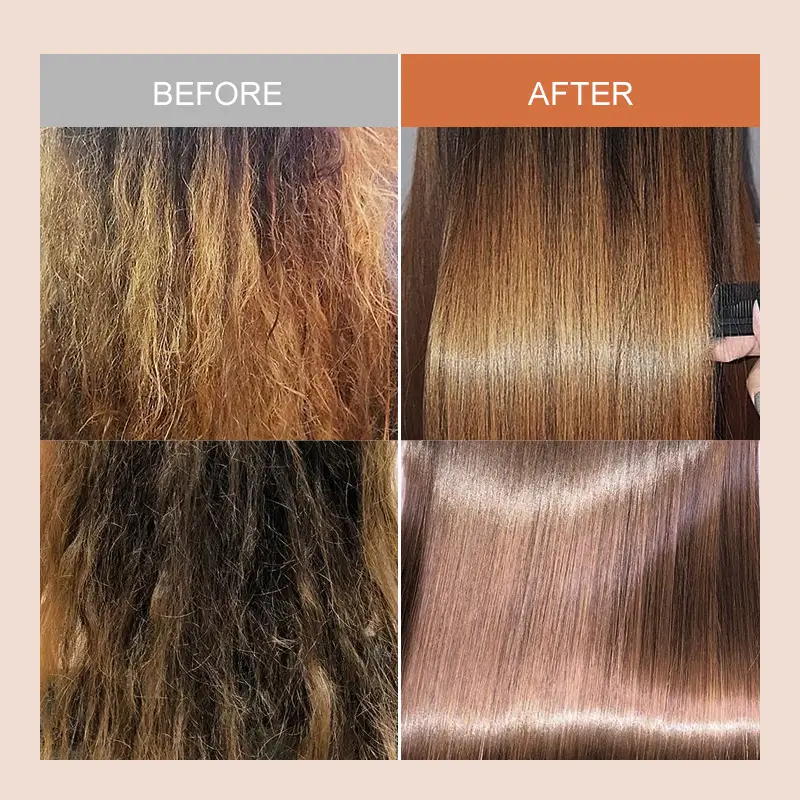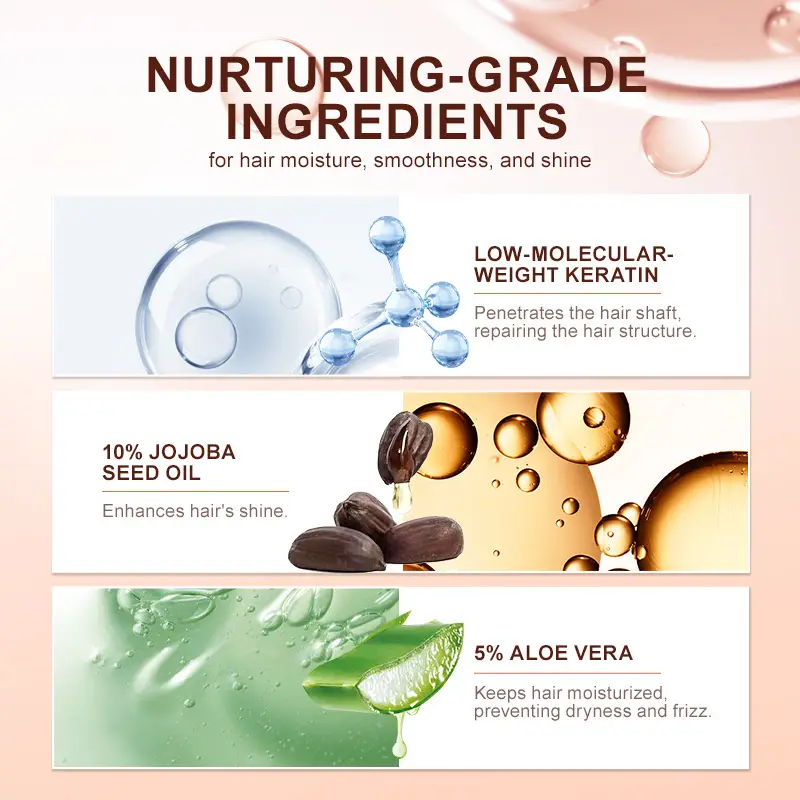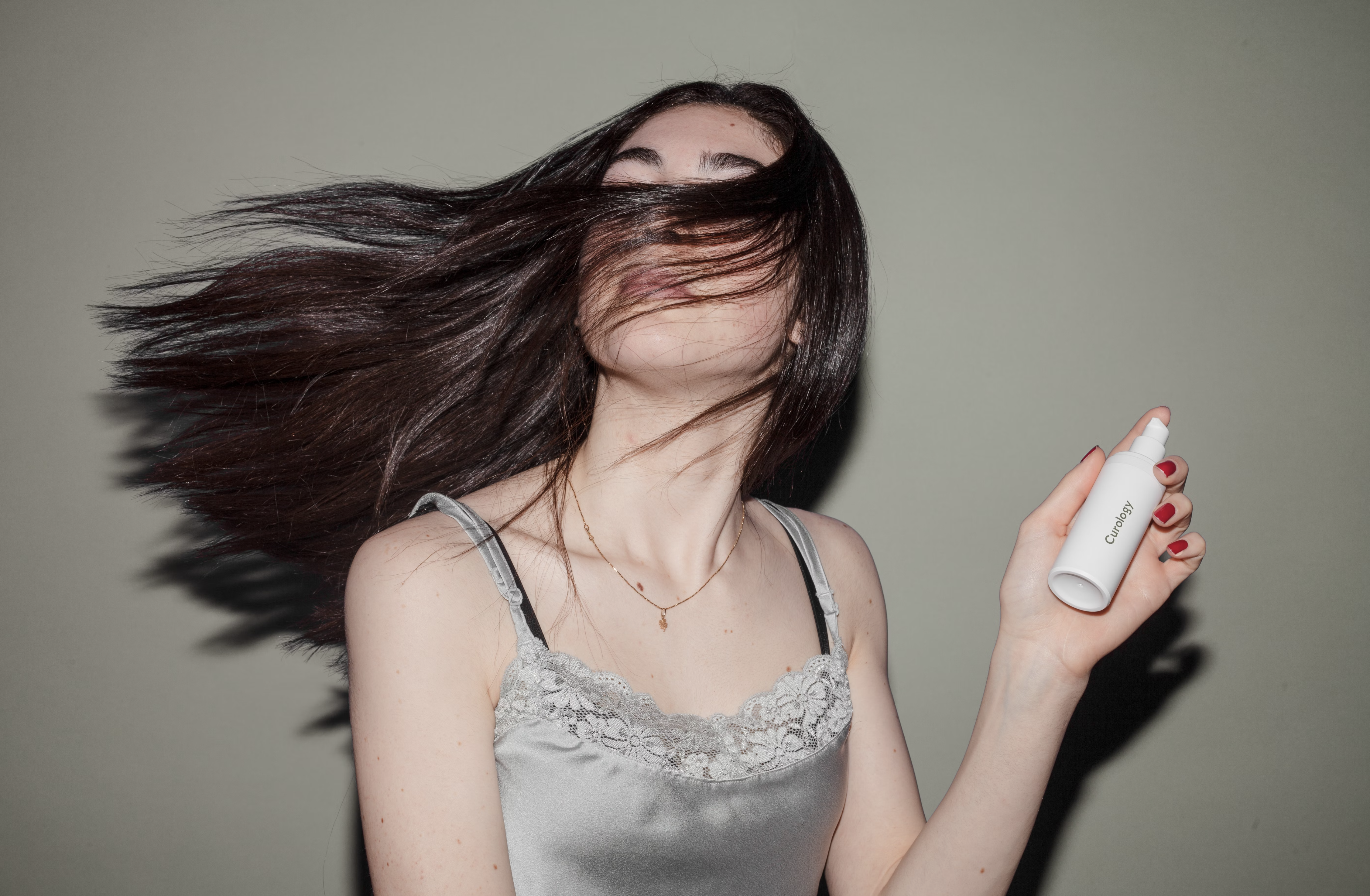I know what you’re thinking: “I’ve tried hair masks before, and they never seem to work for me.” Or perhaps, “My hair is too unique; no single product can address my needs.” These concerns are completely valid. Many people feel lost in the vast sea of hair care products, unsure of what will actually work. But here’s the thing: not all hair masks are created equal, and the key lies in selecting one tailored to your specific hair type and concerns. By understanding your hair’s unique needs and choosing the right products, you can achieve the luscious locks you’ve always wanted.
Ok But…
In this ultimate guide, we’re going to demystify hair masks and help you discover the best one for your unique hair needs. We’ll explore the different types of hair masks, explain what to look for based on your hair type, and introduce you to some game-changing ingredients. Whether you have dry, damaged, oily, fine, or curly hair, there’s a hair mask out there that’s perfect for you. Ready to unlock the secrets to gorgeous hair? Let’s dive in and find out how the right hair mask can make all the difference!
Here’s The Problem:
The problem is clear: with so many products on the market, it’s easy to feel overwhelmed and confused. How do you know which hair mask will truly benefit your hair type? Dry hair needs moisture, oily hair requires balance, damaged hair cries out for repair, and fine hair seeks volume without weight. It’s a delicate dance, but understanding your hair’s needs is the first step to finding the perfect solution.
Understanding Your Hair Type
Before you can choose the right hair mask, it’s essential to understand your hair type. Your hair’s needs will vary depending on its texture, density, and condition. Here’s a quick guide to help you determine your hair type:
- Dry Hair: Often feels rough and lacks shine. This type is prone to frizz and breakage and can be challenging to manage.
- Oily Hair: Appears greasy and limp shortly after washing. This type often struggles with scalp issues like dandruff.
- Damaged Hair: Typically has split ends, breakage, and may feel brittle. This type has often been subjected to heat styling, chemical treatments, or excessive sun exposure.
- Fine Hair: Feels thin and lacks volume. This type can easily become weighed down by heavy products.
- Curly Hair: Has natural curls or waves that can vary from loose to tight. This type often needs extra moisture and frizz control.
Understanding your hair type is the foundation for choosing the right products and creating an effective hair care routine.

The Benefits of Hair Masks
Hair masks are a crucial part of any hair care routine, offering intensive treatment that regular conditioners can’t match. Here are some benefits:
- Deep Conditioning: Hair masks penetrate deeper into the hair shaft, providing intense hydration and nourishment.
- Repair and Strengthen: They can help repair damage from heat styling, chemical treatments, and environmental stressors, strengthening the hair and reducing breakage.
- Enhance Shine: Regular use of hair masks can improve the hair’s texture and shine, making it look healthier and more vibrant.
- Frizz Control: Hair masks can help manage frizz by smoothing the hair cuticle and adding moisture.
- Scalp Health: Many hair masks also focus on scalp health, addressing issues like dryness, dandruff, and irritation.
Incorporating hair masks into your routine can significantly improve the overall health and appearance of your hair.

Best Ingredients for Dry Hair
Dry hair needs moisture—lots of it. Look for hair masks that contain hydrating ingredients that nourish and restore. Some magic ingredients to look out for include:
- Argan Oil: Known for its intense moisturizing properties, argan oil penetrates deep into the hair shaft, providing long-lasting hydration and improving elasticity.
- Shea Butter: Rich in vitamins and fatty acids, shea butter adds moisture and shine, helping to smooth and soften dry, brittle hair.
- Aloe Vera: With its soothing and hydrating properties, aloe vera helps to retain moisture and repair dry, damaged hair.
Using hair masks with these ingredients regularly can transform dry, brittle hair into soft, manageable locks. For an extra boost, consider trying a Moisturizing & hydrating conditioner for all hair types, gentle & hypoallergenic aloe vera hair mask for deep hydration and added shine.

Best Ingredients for Oily Hair
Oily hair requires balance—hydration without adding excess oil. Look for lightweight, clarifying ingredients that won’t weigh your hair down. Here are some effective ingredients:
- Tea Tree Oil: Known for its antiseptic properties, tea tree oil helps to control excess oil production and keeps the scalp clean and fresh.
- Rosemary Oil: This essential oil helps to balance the scalp’s oil production, promoting a healthy scalp and reducing greasiness.
- Clay: Ingredients like bentonite or kaolin clay help to absorb excess oil and impurities, leaving the hair feeling clean and refreshed.
These ingredients help maintain a healthy scalp and control excess oil, keeping your hair fresh and voluminous.
Best Ingredients for Damaged Hair
Damaged hair needs repair and strengthening. Look for masks with proteins and restorative ingredients. Some powerful ingredients include:
- Keratin: This protein helps to rebuild and repair the hair structure, reducing breakage and improving strength and elasticity. For a highly effective treatment, try a Keratin hair care mask designed specifically to repair and strengthen damaged hair.
- Collagen: Known for its rejuvenating properties, collagen helps to repair damaged hair and promote a healthier, stronger hair structure.
- Biotin: Also known as vitamin B7, biotin strengthens hair and promotes growth, helping to repair and prevent damage.
Regular use of masks with these ingredients can restore your hair’s health and resilience, making it stronger and less prone to damage.
Best Ingredients for Fine Hair
Fine hair needs volume without the weight. Look for lightweight ingredients that provide nourishment without making hair limp. Some ideal ingredients are:
- Jojoba Oil: This lightweight oil provides hydration without weighing down fine hair, helping to add shine and manageability.
- Rice Protein: Known for its volumizing properties, rice protein helps to thicken and strengthen fine hair, giving it more body and fullness.
- Coconut Water: Light and refreshing, coconut water hydrates the hair while adding natural volume and bounce.
These ingredients help fine hair retain volume and body while keeping it healthy and shiny. For a quick and effective solution, you might want to try the Hot Dyed 8 Seconds Hair Mask that promises instant volume and shine.
Our disulfide bond reductive hair mask pick

Best Ingredients for Curly Hair
Curly hair needs extra moisture and frizz control. Look for hydrating and defining ingredients. Here are some top picks:
- Shea Butter: Rich in moisture, shea butter helps to define curls and reduce frizz, leaving them soft and manageable.
- Avocado Oil: Packed with nutrients, avocado oil nourishes and hydrates curls, enhancing their natural definition and shine.
- Honey: A natural humectant, honey attracts moisture to the hair, keeping curls hydrated and frizz-free.
Using hair masks with these ingredients can keep your curls hydrated, defined, and frizz-free.
How to Apply Hair Masks for Maximum Benefit
Applying hair masks correctly is crucial for getting the most out of them. Here’s how to do it:
- Start with Clean Hair: Wash your hair with a gentle shampoo to remove any buildup.
- Towel Dry: Remove excess water from your hair. Hair masks work best on damp, not soaking wet, hair.
- Apply Generously: Apply the mask from mid-length to ends, avoiding the roots unless the mask is designed for scalp treatment.
- Comb Through: Use a wide-tooth comb to distribute the mask evenly.
- Leave It On: Follow the recommended time on the product label. Some masks work in 5 minutes, while others may need 20-30 minutes.
- Rinse Thoroughly: Rinse your hair thoroughly to remove all the product.
- Follow Up: Use a lightweight conditioner if needed and style as usual.
DIY Hair Masks: Affordable and Effective
If you’re on a budget or prefer natural ingredients, DIY hair masks can be incredibly effective. Here are some easy recipes:
- Moisturizing Mask for Dry Hair:
- 1 avocado, mashed
- 2 tablespoons of olive oil
- 1 tablespoon of honey
- Mix ingredients and apply to damp hair. Leave on for 30 minutes, then rinse thoroughly.
- Clarifying Mask for Oily Hair:
- 2 tablespoons of bentonite clay
- 1 tablespoon of apple cider vinegar
- A few drops of tea tree oil
- Mix the clay and vinegar to form a paste, then add tea tree oil. Apply to the scalp and hair, leave on for 15 minutes, then rinse thoroughly.
- Repair Mask for Damaged Hair:
- 2 tablespoons of coconut oil
- 1 tablespoon of honey
- 1 egg yolk
- Mix all ingredients and apply to damp hair. Leave on for 20-30 minutes, then rinse thoroughly.
- Volume Mask for Fine Hair:
- 1 tablespoon of jojoba oil
- 1 egg white
- 2 tablespoons of coconut water
- Mix all ingredients and apply to damp hair. Leave on for 15 minutes, then rinse thoroughly.
- Hydrating Mask for Curly Hair:
- 2 tablespoons of avocado oil
- 1 tablespoon of honey
- 1 tablespoon of shea butter
- Mix all ingredients and apply to damp hair. Leave on for 30 minutes, then rinse thoroughly.
Expert Tips for Maintaining Healthy Hair
Beyond using hair masks, there are several key practices to keep your hair healthy and strong:
- Avoid Over-Washing: Washing your hair too frequently can strip it of natural oils, leading to dryness and damage. Aim to wash your hair 2-3 times a week.
- Use Heat Protectants: Always use a heat protectant spray before using heat styling tools to prevent damage.
- Trim Regularly: Regular trims help to remove split ends and keep your hair looking healthy.
- Eat a Balanced Diet: A diet rich in vitamins and minerals supports healthy hair growth. Include foods high in biotin, vitamin E, and omega-3 fatty acids.
- Stay Hydrated: Drinking plenty of water keeps your hair hydrated from the inside out.
By following these tips and incorporating the right hair masks into your routine, you can achieve and maintain beautiful, healthy hair.
By understanding your hair type and the specific ingredients that work best for it, you can choose the right hair mask and see amazing results. Remember, consistency is key, and with regular use, you’ll notice healthier, shinier, and more manageable hair. Ready to give your hair the love it deserves? Start exploring these magic ingredients and find your perfect hair mask today!

